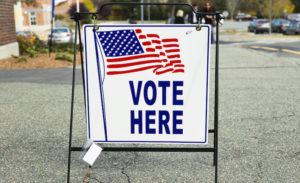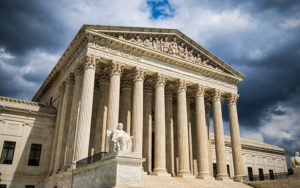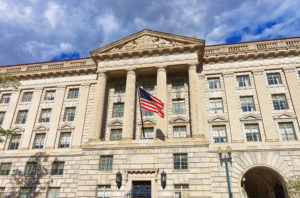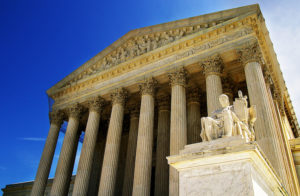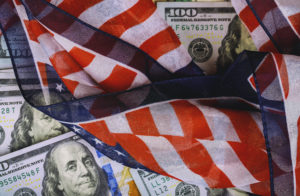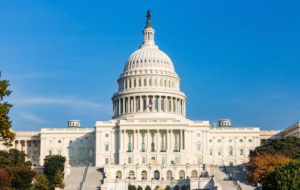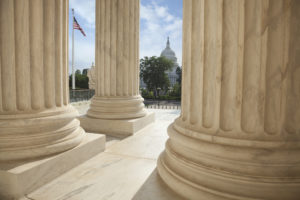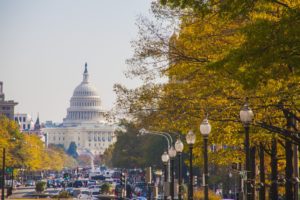How Does Regulation Affect LGBTQ+ Individuals?
This Saturday Seminar explores how different types of regulation treat gender identity and sexual orientation.
Empirical Evidence in the Administration of Family Law
Scholar proposes framework for the use of empirical evidence in child welfare policies.
How to Improve Allocations of Regulatory Authority
A recent dispute illustrates how policymakers often miss crucial insights about structuring government.
Would a National Popular Vote Make Every Vote Count?
Proposed legislation could change state regulations that allocate presidential electoral votes.
Could DHS Rescind DACA Based On Litigation Risk?
Agency predictions of court behavior are not always a tenable justification for rescission.
The Semi-Autonomous Administrative State
Administrative law should move past its dichotomous debate over agency independence.
Kavanaugh’s First-Year Report Card
In his initial year on the Supreme Court, Justice Kavanaugh’s performance on the bench appears balanced and deliberate.
Is a Ceiling on Regulatory Costs Reasonable?
Setting a regulatory budget at a cost of zero ignores evidence of regulation’s high return on investment.
A Proposal to Help Congress Enact Civil Service Reforms
Congress and the White House should bring scholars together to craft a bipartisan solution to civil service challenges.
Should Regulators Shame Companies into Compliance?
Naming and shaming can serve as a legitimate, efficient, and democratic regulatory approach.
How the Government Shutdown Turned into a Judicial Slowdown
Deferred maintenance of the courts is symbolized by failure to reach annual budgetary agreements.
Reboot Washington to Restore Honor to Public Service
Human agency is at the center of the solution to fix the government and the civil service.




